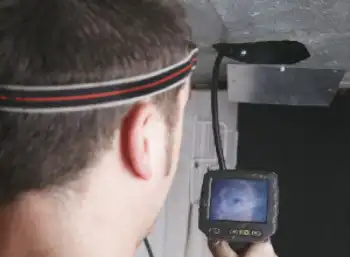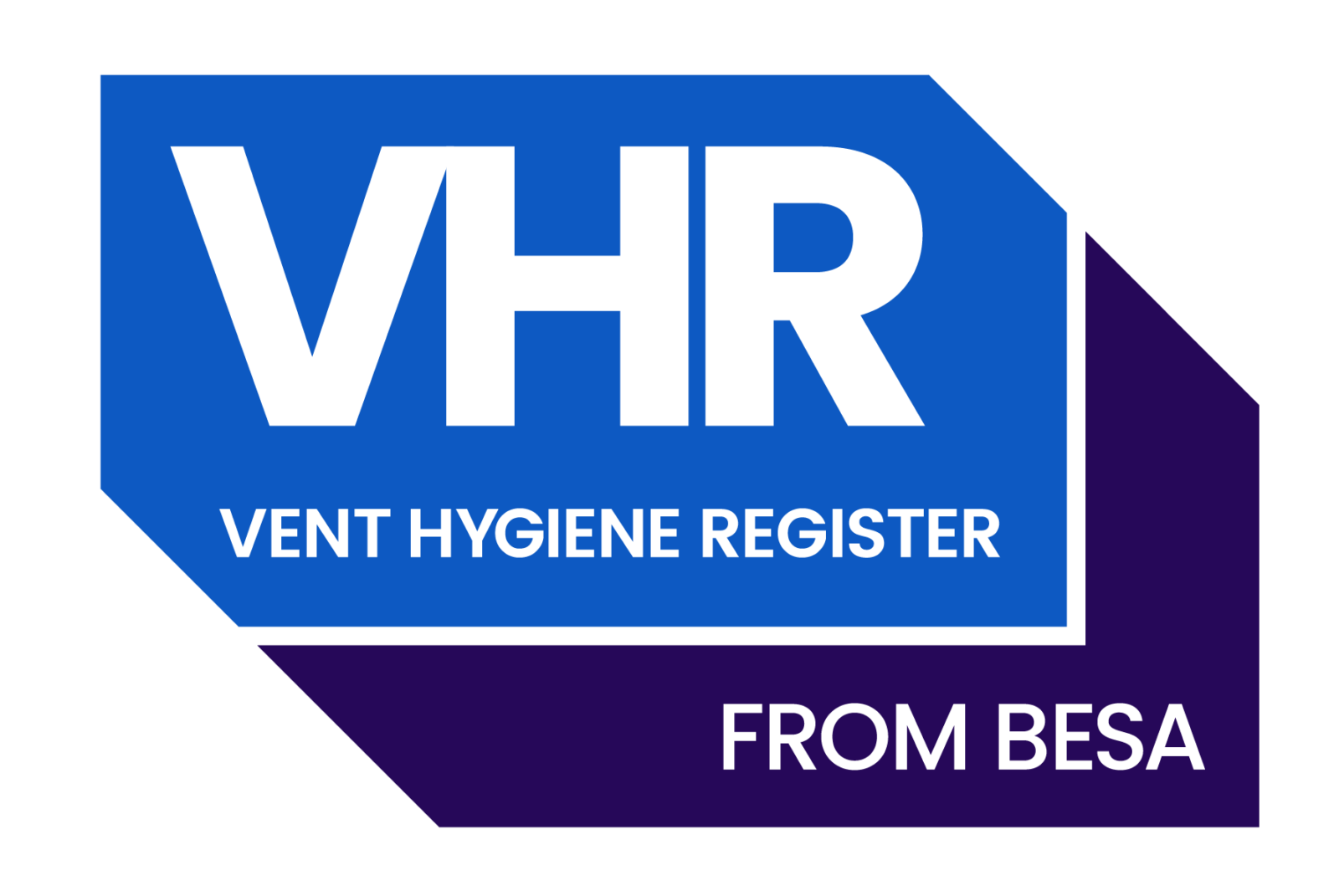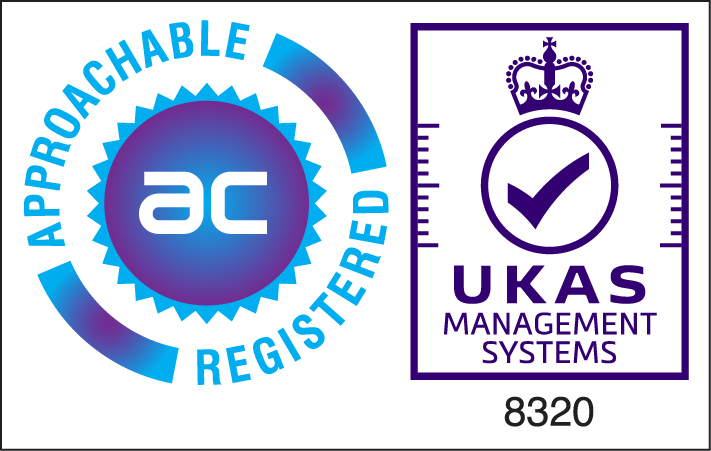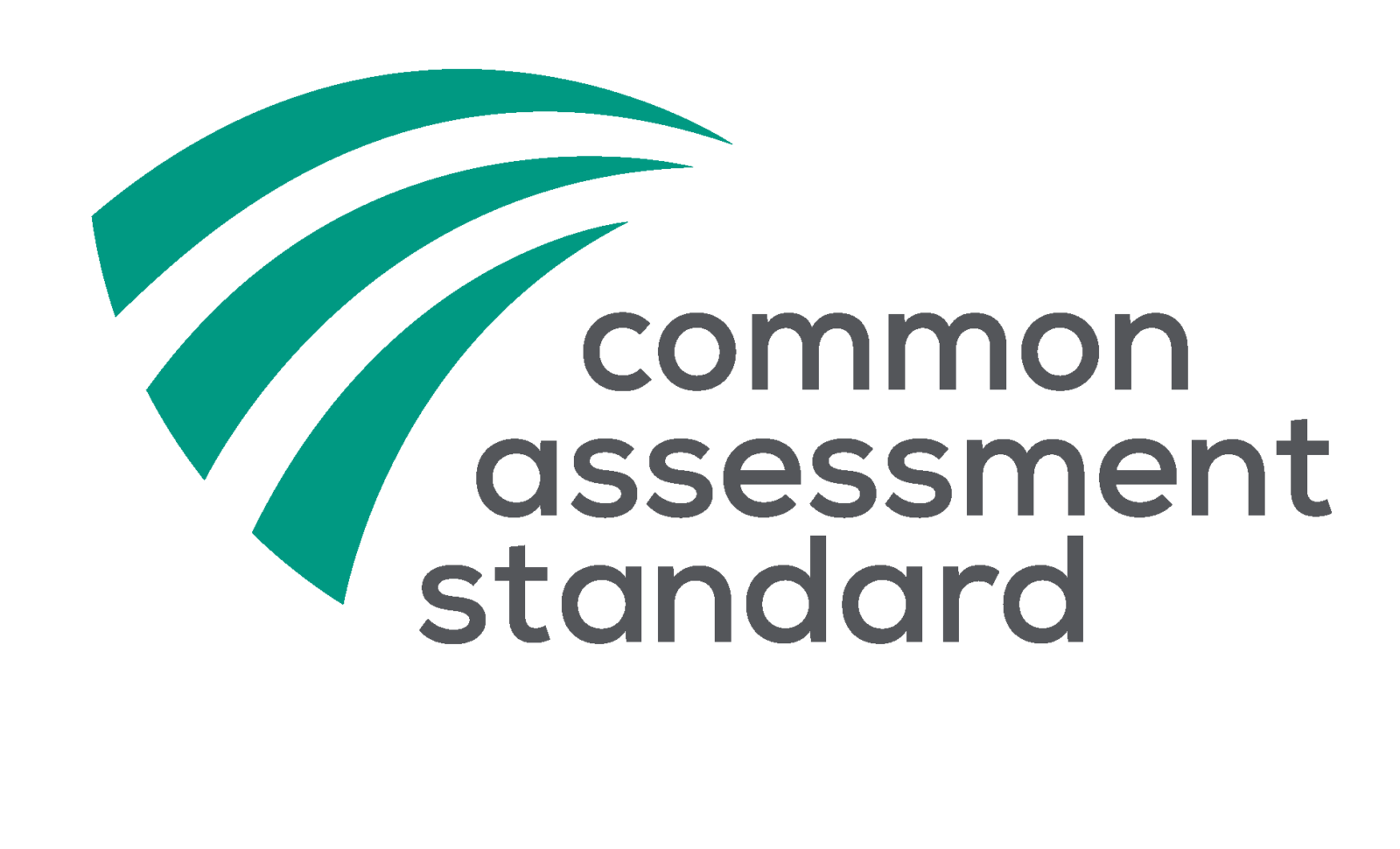We spend on average over 80% of our time in indoor spaces. The quality of indoor air is paramount to our health and wellbeing, it can also impact on our productivity.
The reliability and quality of HVAC systems is something most companies don’t think about until they go wrong. Then it becomes a case of trying to find a suitably qualified HVAC engineer to come out and fix it or inspect it at short notice. Something which isn’t always easy due to seasonal demand and availability of engineers.
Often, it’s only after suffering a period of poor air quality or indoor user comfort complaints that companies start to see the benefits of proactive HVAC maintenance. Heating and ventilation systems contain several mechanical components that need to be inspected and maintained regularly if they are to keep working reliably and safely.
The benefits of an annual inspection
Nobody expects their car to keep working without regular maintenance and you shouldn’t expect your heating and ventilation system to either. That’s why it’s important to schedule regular HVAC inspections. This will not only avoid unnecessary breakdowns, but it also has several other advantages as well, such as:
Reduced energy bills
A HVAC system that is not running at peak efficiency will result in higher energy bills. This is because worn-out drive belts can slip causing extra friction and heat build-up. Blocked coils or filters will mean more energy is needed to heat, chill and deliver air, while the excess heat build-up may cause drive motors to break down prematurely.
Fewer breakdowns
During each inspection, our engineer will highlight components that are nearing the end of their service life. This will ensure components are replaced in good time before they can impact system reliability. Proactively planning the replacement and servicing of components this way also reduces stress on other components, extending their service life.
Extended service life
A well-maintained HVAC system should last between 15 to 25 years. But we are often asked to replace systems that are 10 years old or less. In most cases, this is due to poor maintenance. By implementing a regular maintenance plan you could extend the life of your system by five to ten years, which should more than cover the cost of the plan itself.
Improved indoor air quality
HVAC systems contain filters that remove dust particles from the air. These filters need to be replaced regularly if they are to keep working effectively. Blocked filters also cause the blower to work harder, thereby shortening its service life. Therefore, getting your HVAC system serviced will not only improve reliability, it will improve indoor air quality as well.
As part of our service, we can carry out extensive workplace air quality testing to help protect the health of your employees and customers.
How often should your HVAC system be inspected?
There is a legal requirement to have all HVAC systems inspected under the Workplace (Health, Safety and Welfare) Regulations 1992. The recommended inspection interval can vary will depend on the premises type, size and type of systems you have.
Get in touch with us today and tell us a little bit about your HVAC system and we’ll give you an idea of how often it should be inspected.
What happens during a HVAC inspection?
So, you are sold on the need for regular maintenance and inspection – but what does the engineer do when they are on-site?
In this section, we’ll look at the HVAC inspections checklist our engineers complete during each visit.
Replace filters
Blocked filters are one of the leading causes of HVAC problems. Regular inpection and replacement of filters will save energy and improve air quality.
Clean and inspect evaporator coil and condensers
Dirty condenser coils block airflow and degrade heat transfer, increasing the energy required for your system. During each inspection, we check the coil for damage and clean it thoroughly to remove dirt and debris.
Remove any debris and check drains are clear
HVAC systems require clear airflow both inside and outside the system. We check to ensure that no debris is blocking the intake duct. We also check that drains are clear so that excess water can drain away freely.
Check and replace any worn pulleys and belts
The service life of belts is dependent on operating conditions, so they need to be inspected regularly. In most cases, drive belts will need to be replaced annually. During the inspection, the pulleys are also checked to ensure they are aligned properly.
Inspect ducts to ensure they do not contain mould dust or debris
HVAC ducting is a breeding ground for mould spores and bacteria and can increase the risk of fire if not cleaned and maintained regularly. If left untreated can lead to mould spores being distributed around the building. That’s why we check all ducts for mould, dust, and debris build-up at every inspection.
Check refrigerant for leaks
Leaking refrigerant will cause your HVAC system to work harder, thereby increasing energy costs. We check refrigerant levels during each inspection and look for signs of damage that may cause a leak in the future.
Test thermostats
The thermostat is one of the most critical parts of the system. A faulty thermostat will cause the system to keep cooling, even when the desired room temperature is met, or not turn on when needed. We test the thermostat is working correctly during each inspection.
Replace batteries when necessary
Backup batteries are used to maintain system data in the event of a power failure. Faulty batteries will mean your system has to be reprogrammed after a power cut. Batteries are therefore checked and replaced when necessary.
Inspect fan blades for damage
The fan is one of the most critical components of any heating and ventilation system. Any damage to the fan blades can seriously impact system efficiency, so the fan must be checked for damage during each visit.
Lubricate all moving parts
Much like your car, any moving parts including pulleys, bearings, and compressors need regular lubrication. We lubricate all moving components in line with the manufacturer’s recommendations.
Make sure HVAC units are secure
Finally, the integrity of the unit and doors are checked to make sure rodents can’t get in. This is important because rodents can cause serious damage to electrical components and hygiene issues inside the unit if they gain access.
Get your HVAC system inspected today
If your HVAC system is due for an inspection, get in touch with the ventilation experts at VSS today. We carry out HVAC inspections across the UK, with all work carried out by qualified HVAC engineers, completed to Refcom, TR19 guidelines and in line with the BS 15780 standard.
For more information about any of our services, or to book an HVAC inspection, get in touch by calling 0808 506 8138 or complete the contact form here.





Ventilation Surveys & Services, 305/307 Tower Street, Century Buildings – Brunswick Business Park, Liverpool, Merseyside, L3 4BJ
Company Registration Number 07411775
VAT – 997895709
© 2025 Ventilation Surveys & Services Limited | Website by Xanthos








